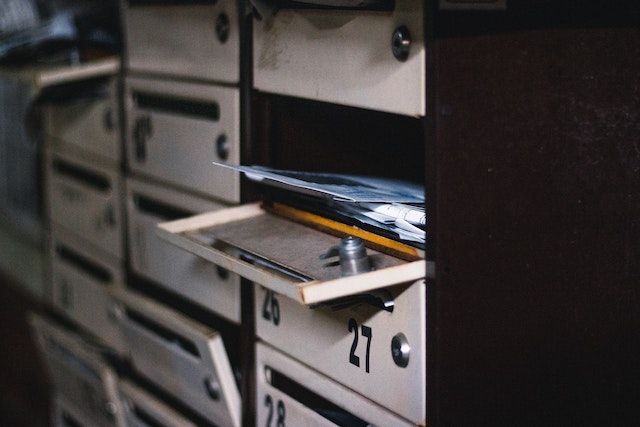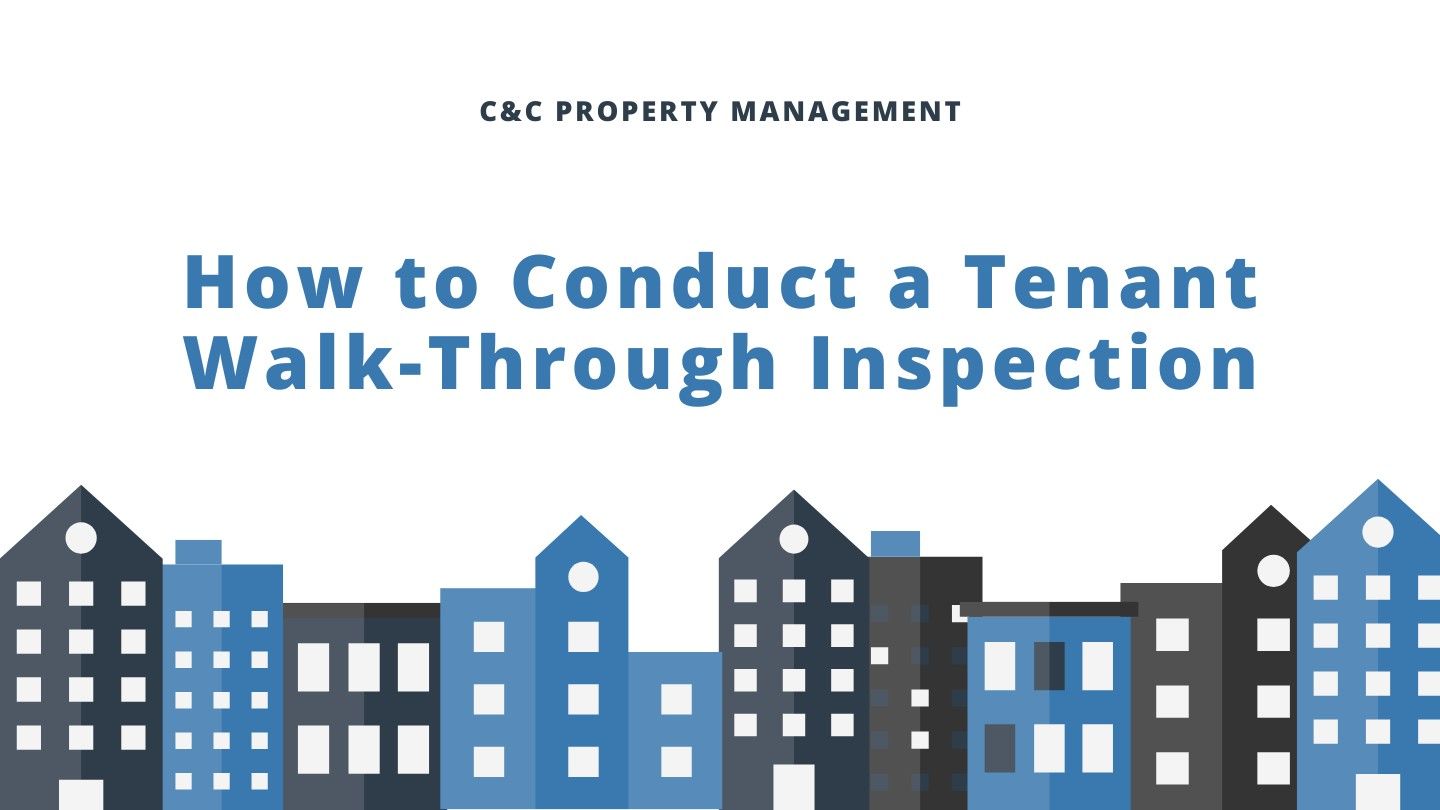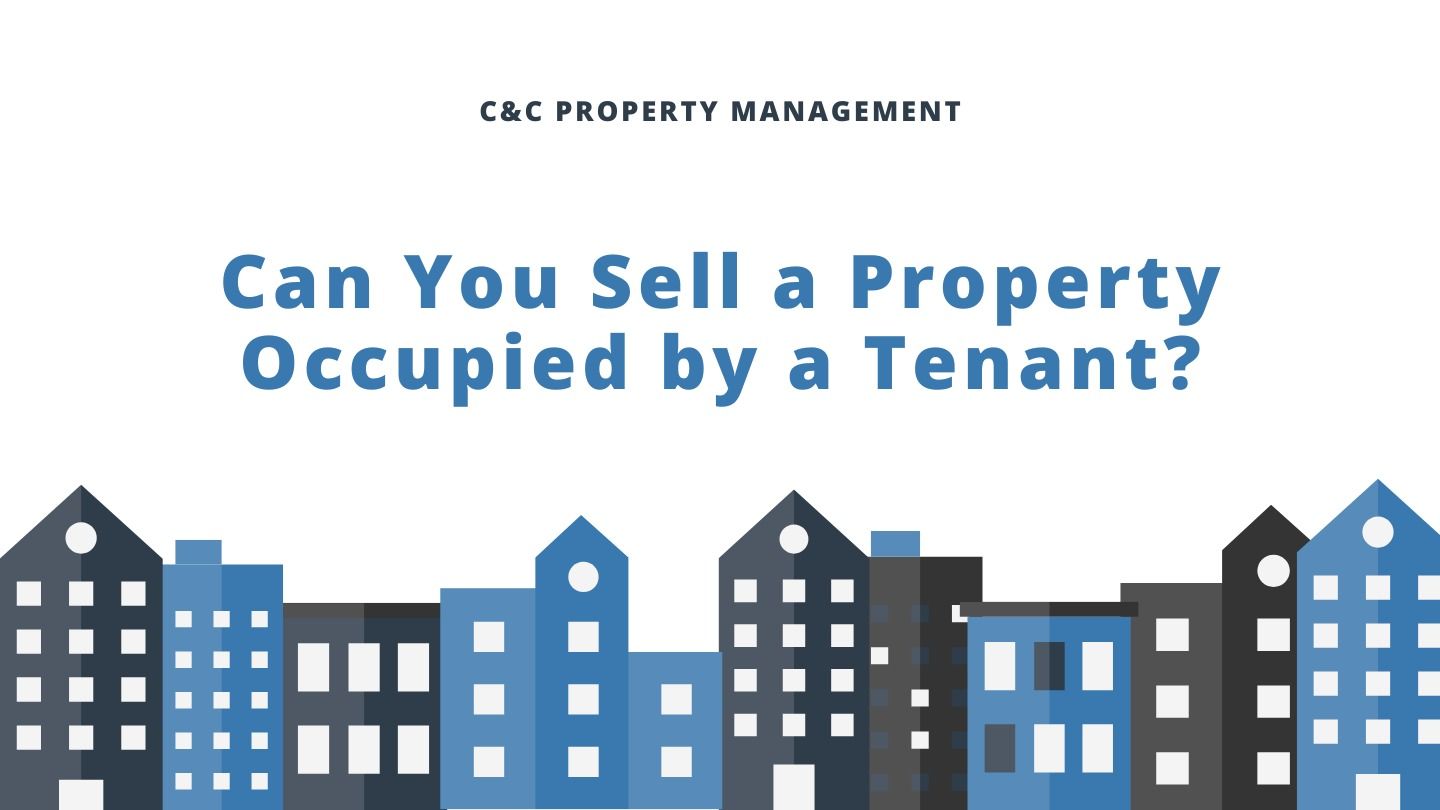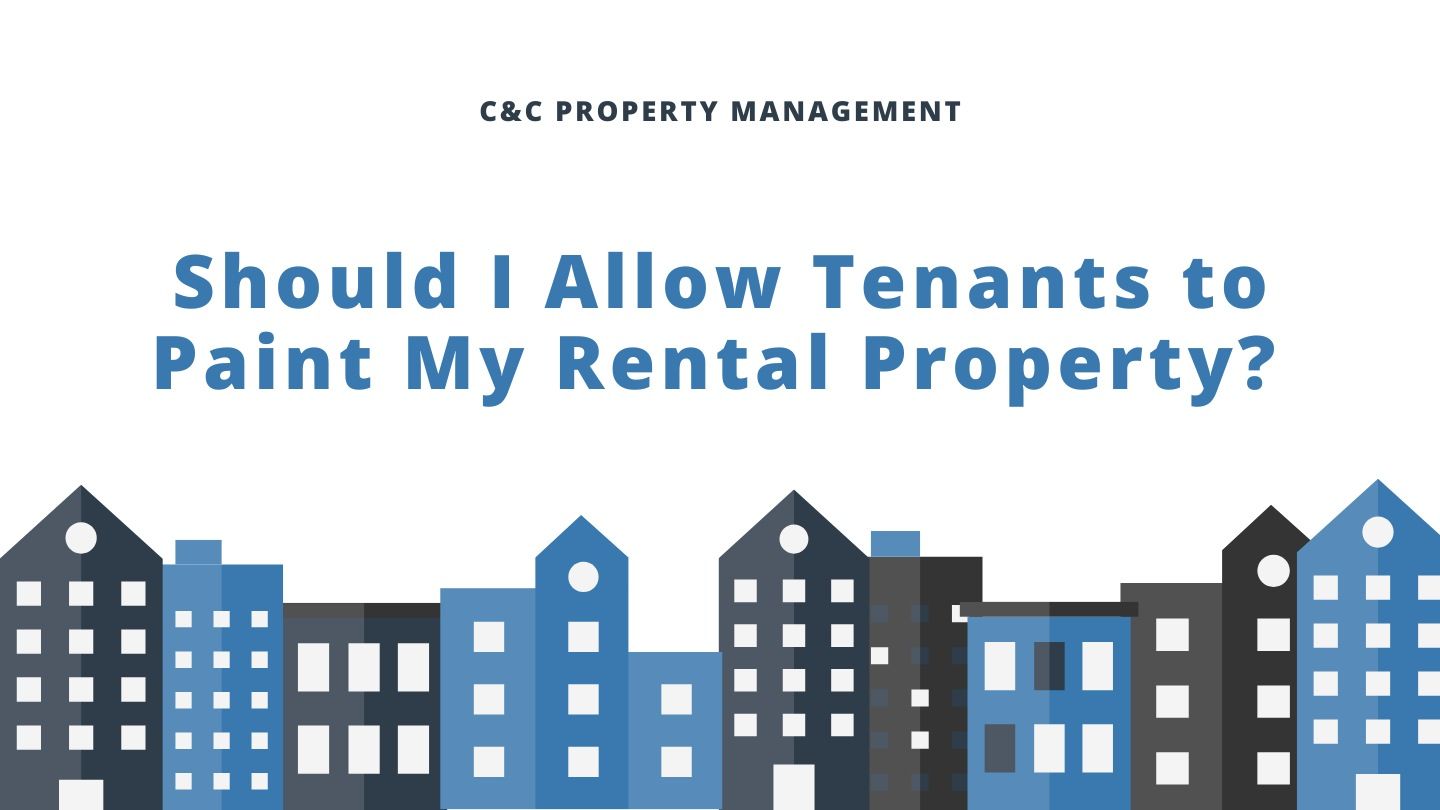What To Do With a Tenant's Possessions After an Eviction
Ever wondered what to do with a tenant's possessions after an eviction? This is something that both seasoned and first-time landlords can find daunting. You want to handle the situation with care, respecting your tenant's belongings while also ensuring a smooth transition for the next occupants. Understanding your rights and responsibilities can make this process less daunting and more respectful for everyone involved.
In this article, we'll explore the steps you should take when faced with this situation, how to communicate effectively with your tenants, and why handling evictions compassionately can benefit both parties in the long run.
Communication is Key
When faced with the task of managing a tenant's possessions after an eviction, open and clear communication is essential. Start by reaching out to your tenant promptly. Clearly explain the situation, including the date and reason for the eviction, and express your intention to handle their belongings with care. This initial communication sets the tone for a respectful and cooperative process. Ensure that you provide them with your contact information and encourage them to reach out to you to discuss the next steps.
Provide Ample Notice
It's important to give your tenant ample notice to retrieve their belongings. Depending on local laws and regulations, this notice period typically ranges from 14 to 30 days. Send a written notice via certified mail or hand-deliver it, clearly stating the date by which they must collect their possessions. Include information on where and when they can retrieve their belongings, as well as contact details to schedule a suitable time. Providing sufficient notice shows your commitment to fairness and can help avoid potential disputes.

Store Items Securely
Once the notice period has expired, securely store your tenant's belongings to prevent damage, theft, or loss. Choose a safe and dry location, such as a locked storage unit or a designated area in your property that is not accessible to others. Take inventory of the items and document their condition to ensure that they are returned in the same state as when they were left. Consider using plastic bins or boxes to protect delicate items and label them clearly for easy identification.
Document Everything
Throughout the process of managing a tenant's possessions after an eviction, it's crucial to keep detailed records of all communications and actions taken. Document each step, including the initial notice, any responses from the tenant, and the condition of their belongings when they were removed from the property. Maintain a log of any expenses incurred, such as storage fees or the cost of hiring movers, as these may be recoverable from the tenant or deductible as a business expense.
Consider Donation
When renting out a property, some tenants may leave behind items of minimal value or personal importance upon moving or being evicted. In such cases, consider donating these items to local charities or organizations in need. Before donating, ensure that you have the legal right to do so, either through explicit permission from the tenant or as allowed by local laws regarding abandoned property. Choose reputable organizations that accept donations and can make good use of the items. Document the donation process, including the items donated and the organization they were donated to, for your records.

Follow Legal Requirements
It's crucial to adhere strictly to local laws and regulations regarding the storage, notice periods, and disposal of abandoned property. Familiarize yourself with your state or city's specific laws on this matter, as they can vary significantly. Legal requirements typically dictate the length of notice you must give before disposing of items, the manner in which you must store them, and the process for recovering any costs associated with storage or removal.
Offer Retrieval Options
To facilitate the retrieval of their belongings, offer your tenant flexible options for collection. Schedule a mutually convenient time for them to come and collect their items. Be present during the collection to ensure that the process goes smoothly and to answer any questions they may have. If the tenant is unable to collect the items themselves, discuss the possibility of them authorizing someone else to do so on their behalf, with proper identification and documentation.
Seek Legal Advice if Unsure
If you encounter a complex situation or are unsure about how to proceed, seek guidance from a qualified legal professional specializing in landlord-tenant law. They can provide you with personalized advice based on your specific circumstances and help you navigate any legal challenges that may arise. A lawyer can review your case, advise you on your rights and responsibilities, and assist you in drafting and sending legal notices.

Maintain Records of Costs and Damages
Keep detailed records of any costs incurred in managing the tenant's possessions after eviction. This includes expenses such as storage fees, transportation costs, and any damages caused by the tenant's belongings. Take photographs of any damage for evidence, and keep receipts and invoices for all expenses. These records can be useful if you need to deduct these costs from the tenant's security deposit or seek reimbursement through legal means.
Dispose of Unclaimed Items Properly
If the tenant fails to collect their belongings within the specified time frame and after providing adequate notice, a residential landlord may have the legal right to dispose of the items. Follow local laws regarding the disposal of abandoned property, which typically involve documenting your efforts to notify the tenant and offering them a final opportunity to retrieve their possessions.
Bottom Line
Managing a tenant's possessions after an eviction requires clear communication, adherence to legal guidelines, and a compassionate approach. By following the steps outlined in this guide, landlords can navigate this process smoothly and respectfully. For further assistance, C&C Property Management is here to help. Our experienced team can provide guidance on legal requirements, secure storage options, and facilitate the proper disposal of unclaimed items. Contact us today to learn more about how we can assist you in managing your rental properties!








